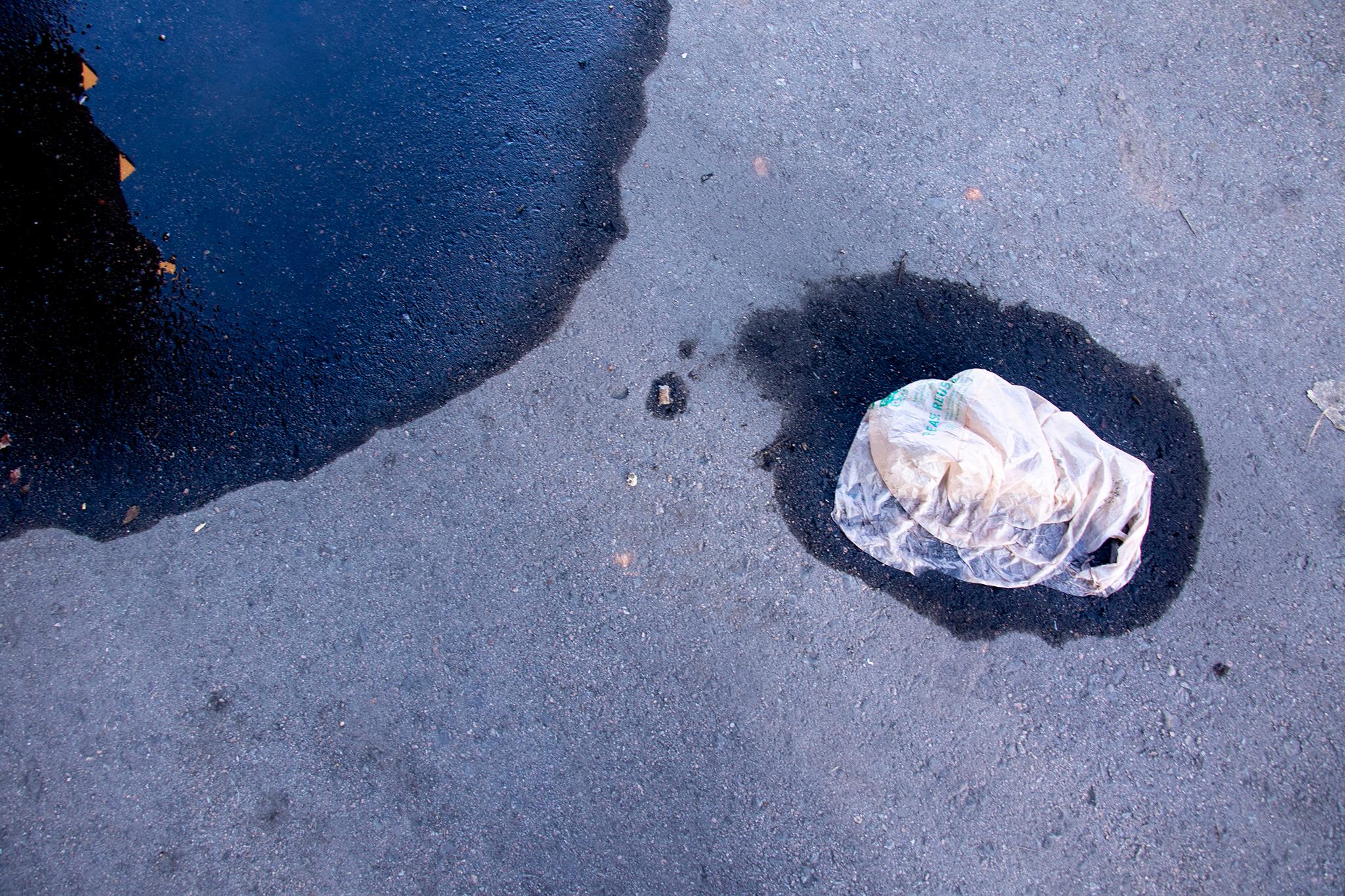Denver shoppers will pay 10 cents for each plastic and paper bag they get from stores starting July 1, 2020.
The Denver City Council passed the law Monday, as expected, a year after Councilwoman Kendra Black first proposed the idea. With the fee, Black and her colleagues want to see disposable bags essentially removed from daily life.
"It's a dangerous problem for our world and the only way we're gonna solve it is to reduce the use of single-use plastics and so this is just a first step," Black said.
Denver goes through about 200 million plastic and paper bags each year, officials estimate.
Plastic bags litter the South Platte River and Cherry Creek -- only cigarette butts are more prevalent -- and clog Denver's trash and recycling system, according to city officials.
They also require natural gas and take a really long time to decompose. No one knows for sure because they've only existed for about 60 years, but some scientists estimate plastic bags "live" for another 500 to 1,000 years after your 10-minute trip from the grocery store is over.
"The problem with plastic is that it never goes away," said Muhamad Kahn, a downtown resident who spoke in favor of the fees. "It will break down to smaller and smaller elements which become micro-plastics, which end up in our water, in our food and even in our body."
The fees have exceptions. Anyone with SNAP, the government benefit for lower-income people known as food stamps, won't have to pay. Bags for fish, meat, flowers, newspapers and dry cleaning are also exempt. Restaurant bags don't count, either.
Shopowners will keep 4 cents to recoup upfront costs of the program and offer free bags, according to the law. Six cents per bag will fund city government initiatives to promote the program and offer free reusable bags. The new cost is a fee, not a tax requiring voter approval, because all the revenue is reinvested into the program, city attorney Kirsten Crawford said.
The Colorado Oil and Gas Association did not take a position on the law as of Monday night.
"We often refer to oil and gas as a fundamental building block of our broader economy," spokesman Scott Prestidge Prestidge said earlier this month. "Whether it's paint on our walls, the carpet on our floors, the asphalt that we drive on, the plastics and components that make up our computers and phones ... it's literally in all of the elements of modern society."
Prestidge pointed Denverite to a 2018 study by Denmark's government that found reusable bags can have a larger negative effect on Earth's surface than plastic. The study did not account for ocean pollution.
The Colorado Retail Council, which represents big box stores like Target, supported the law. So did the convenience store industry, represented by the Colorado Wyoming Petroleum Marketers Association.
So did Nolan Gall, a third-grader at Ashley Elementary School.
"I want plastic bags not to be a part of America," Gall said during a public hearing. "My sister has turtles and plastic bags kill sea turtles."
Denver is the 12th jurisdiction in the state to regulate plastic bags. Boulder saw a 70 percent reduction in bag use following its 10-cent fee, according to city documents.
Councilwoman Debbie Ortega proposed a similar law in 2014 before pulling the plug. The Hancock administration and others did not support the bill, in part because they thought it burdened low-income Denverites.













